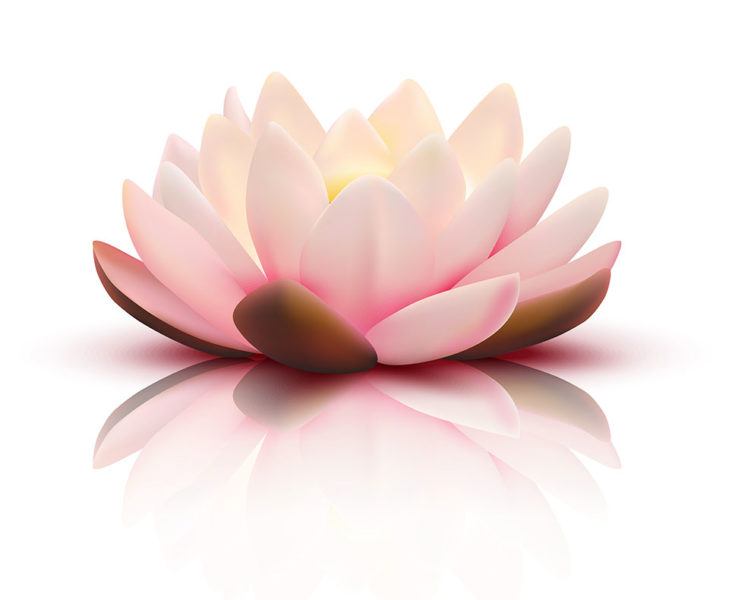The human body consists of seven basic and vital tissues called Dhathus meaning in Sanscrit constructing element. These seven dathus are responsible for the entire structure of the body. The dathus maintain the functions of the different organs, systems and vital parts of the body. They play a very important role in the development and nourishment of the body. They are also part of the biological protective mechanism. With the help of AGNI, the principle of fire and assimilation, they are responsible for the immune mechanism. When one dathu is defective, it affects the successive dathus, as each dathu receives its nourishment from the previous dhatus in serial order:
1) RASA or plasma contains nutrients from digested food and nourishes all the tissues, organs and systems, it is kapha.
2) RAKTA or blood governs oxygenation in all tissues and vital organs and maintains life, it is pitta.
3) MAMSA or muscle covers the delicate vital organs, performs the movements of the joints and maintains the physical strength of the body, it is kapha.
4) MEDDHA or fat maintains the lubrification and oiliness of all the tissues, it is kapha.
5) ASTHI or bone gives support to the body structure, it is vata.
6) MAJJA or marrow and nerves fills up the bony spaces and carries motor and sensory impulses, it is kapha.
7 ) SHUKRA or reproductive tissues contains the ingredients of all tissues and is responsible for reproduction, it is kapha.
When there is a disorder in the balance of vata-pitta-kapha, the dhatus are directly affected. The disturbed dosha (vata, pitta, kapha) and defective dhatus are always directly involved in the disease process. Health of the dathus can be maintained by taking steps to keep Vata-Pitta-Kapha in balance through a proper diet, exercise and rejuvenation program


